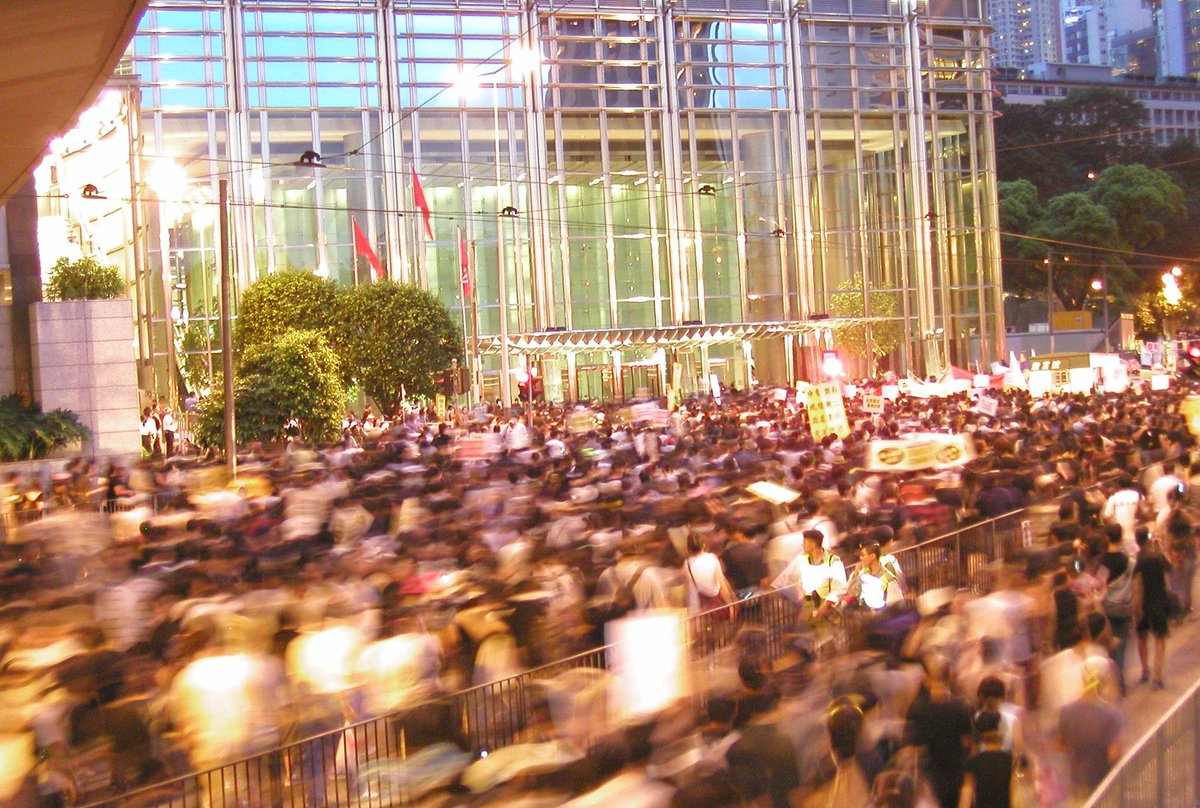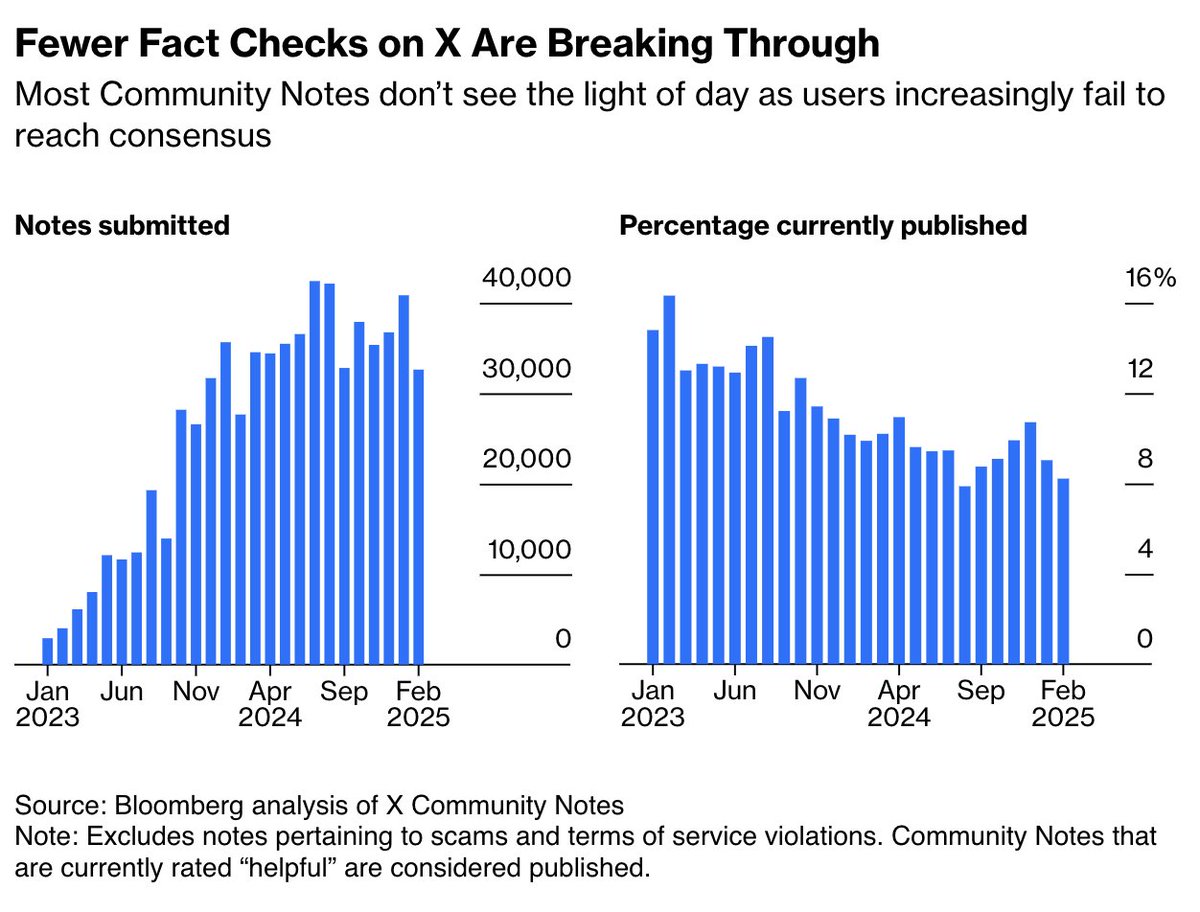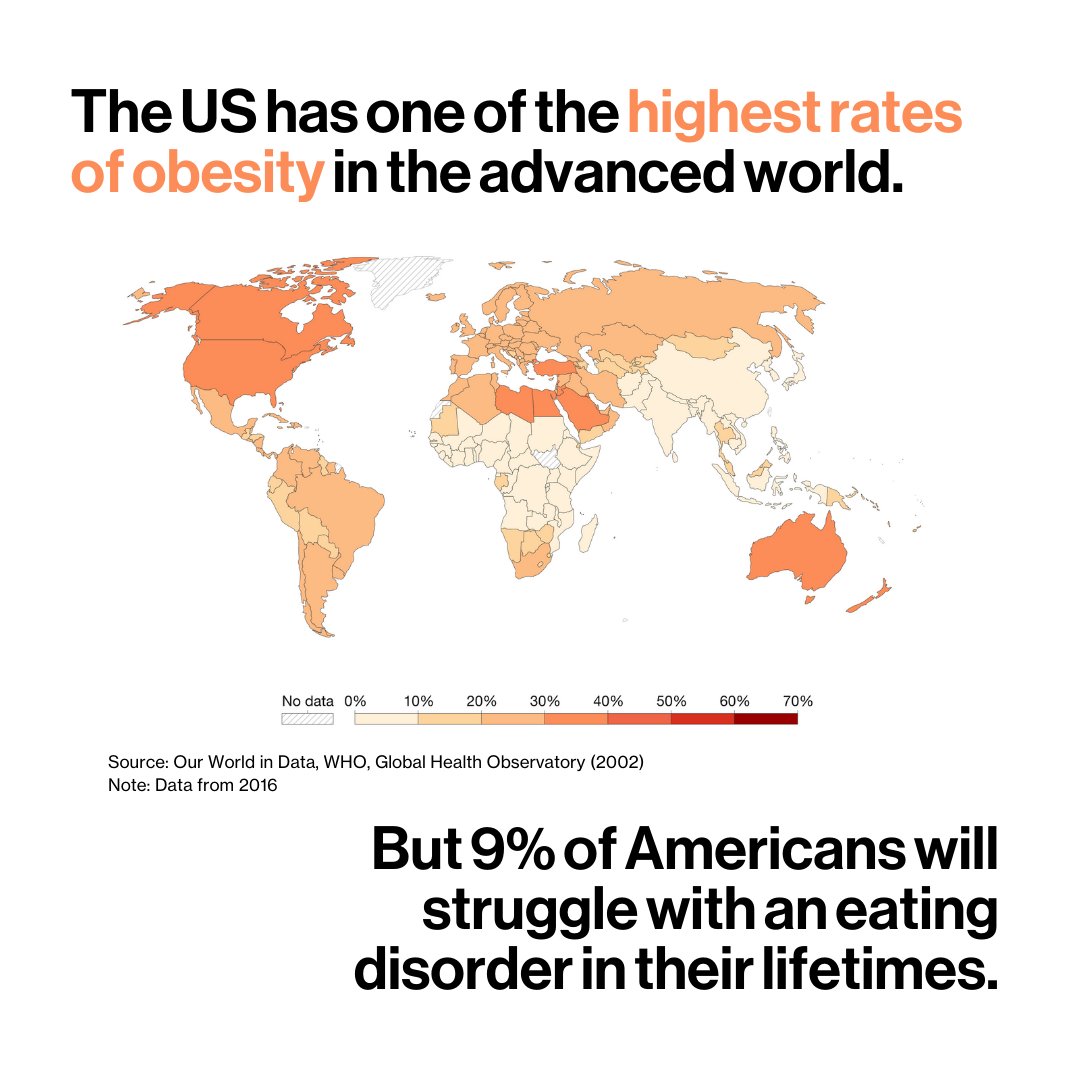July 1 marks a triple anniversary in Hong Kong:
➡️ 100 years since the founding of the Chinese Communist Party
➡️ 24 years since the return of the former British colony to the motherland
➡️ One year since the national security law took effect trib.al/IUvy2iL
➡️ 100 years since the founding of the Chinese Communist Party
➡️ 24 years since the return of the former British colony to the motherland
➡️ One year since the national security law took effect trib.al/IUvy2iL
Hong Kong’s fate has lessons for the world, not least on the fragility of a liberal way of life and institutions in the face of autocratic determination trib.al/0JZkvHg 

Placid scenes around Hong Kong at the moment feed into Beijing’s chosen narrative:
The pro-democracy protests were a plot fomented by hostile foreign forces to subvert China’s socialist system, while the national security law ended the chaos trib.al/0JZkvHg
The pro-democracy protests were a plot fomented by hostile foreign forces to subvert China’s socialist system, while the national security law ended the chaos trib.al/0JZkvHg

There are several problems with China’s version of events:
➡️ The protests were a reaction to a creeping erosion of freedoms
➡️ Claims of public support are dubious
➡️ The lack of protests reflects more the power of intimidation than restoration of harmony trib.al/0JZkvHg
➡️ The protests were a reaction to a creeping erosion of freedoms
➡️ Claims of public support are dubious
➡️ The lack of protests reflects more the power of intimidation than restoration of harmony trib.al/0JZkvHg

Authorities can remove the overt signs of the protest movement — but it cannot erase the memories or the knowledge that the Communist Party has reneged on its promises to Hong Kong.
The 2019 protests morphed into a wider pro-democracy movement trib.al/0JZkvHg
The 2019 protests morphed into a wider pro-democracy movement trib.al/0JZkvHg

The fate of Jimmy Lai’s Apple Daily has sent a chill through other pro-democracy media in Hong Kong.
Using the national security law to shutter media outlets raises questions over Hong Kong’s longstanding commitment to transparency trib.al/0JZkvHg
Using the national security law to shutter media outlets raises questions over Hong Kong’s longstanding commitment to transparency trib.al/0JZkvHg

The national security law is written so broadly that it can be used to declare any act of dissent a threat to the safety and integrity of China.
It renders largely meaningless the Basic Law’s guarantees on freedom of speech, the press and assembly trib.al/0JZkvHg
It renders largely meaningless the Basic Law’s guarantees on freedom of speech, the press and assembly trib.al/0JZkvHg

For those who still harbor an attachment to Hong Kong’s former social norms of free and open debate, there may be little choice but to consider leaving.
Thousands of people are departing for the U.K., Australia, Canada and elsewhere trib.al/0JZkvHg
Thousands of people are departing for the U.K., Australia, Canada and elsewhere trib.al/0JZkvHg

In the past two years, Hong Kong has lost its characteristics of respect and tolerance for diverse voices, said one Tseung Kwan O resident who will move to London with her husband and child by the end of 2021.
“We know there’s no way back” trib.al/0JZkvHg
“We know there’s no way back” trib.al/0JZkvHg
• • •
Missing some Tweet in this thread? You can try to
force a refresh














